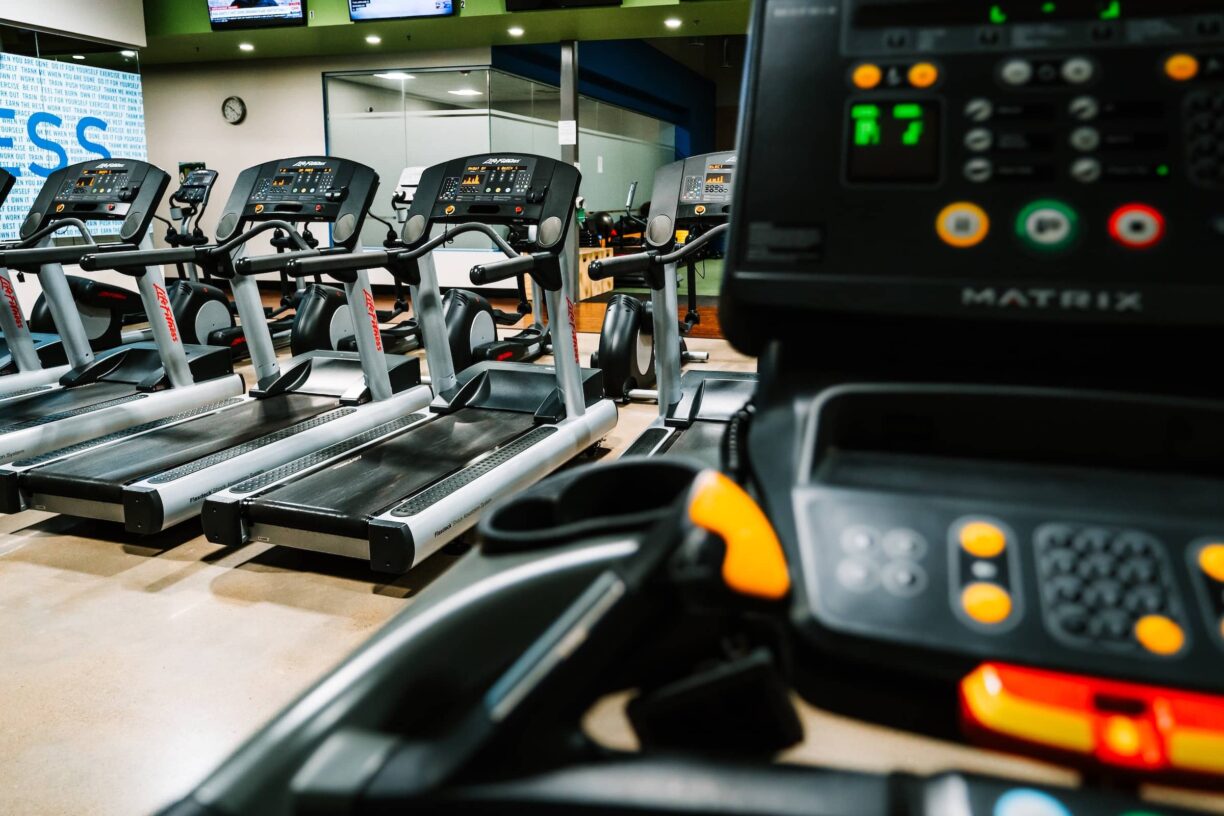Exercise addiction. It’s that niggling guilt you feel for skipping a gym session or that ungodly hour you drag yourself out of bed to pound the pavement, all in the name of hitting your New Year’s goals.
Now, regular exercise is splendid—it boosts your energy, helps you sleep like a baby, cuts down stress, and keeps your heart ticking like a fine Swiss watch.
But, when does pounding the treadmill turn from a healthy habit into a concerning compulsion?
The specialists at the Private Rehab Clinic Delamere have tossed their hats into the ring, sharing some telltale signs of when fitness becomes more of a fixation than a fun activity.
What’s This Exercise Addiction Business?
Exercise addiction isn’t as glamorous as it sounds. It’s an unhealthy obsession with working out, often tied to body image issues or eating disorders.
It’s like being handcuffed to your spin bike, even though you know you should probably take a breather.
Although not officially tagged as a mental health disorder, it plays in the same ballpark—think obsessive behaviours, continuing despite the pain, and sneaking around like a cat burglar to fit in a workout.
What Cooks Up This Compulsion?
It usually brews from a strong desire to boost one’s physical fitness or well-being. Those grappling with self-esteem issues or body image woes are particularly in the hot seat.
Add to this a spicy mix of eating disorders, and you’ve got a recipe that can lead to destructive fitness habits.
Researcher Brewerton threw a curveball with findings that nearly 40% of folks wrestling with anorexia are also sweating it out compulsively.
When you exercise, your brain kindly tosses you a cocktail of endorphins and dopamine, which feels fantastic—until it doesn’t.
That’s when some might up their workout ante, trying to keep the good vibes rolling, which can spiral into an exercise addiction.
Spotting the Signs of Exercise Addiction
- Lack of control – Those experiencing exercise addictions find it difficult to control their desire for fitness, this can even go as far as working out while injured or experiencing illness. People also have unsuccessful attempts at reducing exercise levels or stopping beyond a certain time.
- Depression and anxiety – Exercise has been shown to increase mood and overall mental wellbeing, some addicts will become obsessed with the hours spent working out to overcome feelings of sadness and fatigue. When exercise isn’t possible, they will often begin to show high levels of depression and anxiety. The dangerous compulsion often leads to strong feelings of guilt.
- Low self-esteem – People who are gym-obsessed measure progress in terms of size, strength or speed. They often determine one’s self-worth based on their exercise achievements and fitness ability.
- Body image disorder – Fitness addiction causes individuals to create an unrealistic version of themselves and strive to ‘perfection’, even if it’s damaging and unhealthy for them to do so. When they are not at their desired weight, strength or fitness goal it can lead to eating disorders, calorie counting, overexercising and compulsiveness.
- Time and schedule controlled – Refusing to miss a workout, regardless of weather, injury or schedule is one of the most common signs of exercise addiction. People often find themselves skipping scheduled activities they enjoy for exercise instead. They might find themselves spending more time working out per session, beyond what is considered safe and healthy.
- Denial and defensive – When questioned, they will act defensively when discussing the potential compulsive exercising problem.
- Feeling tired constantly – Spending too much time working out will often lead to fatigue and exhaustion. This pressure on your body and health can lead to sickness and injuries if not managed correctly.
Feeling knackered all the time from overtraining can knock your health off-kilter, leading to a cycle of injuries and exhaustion.
Keep these pointers in mind, and make sure your fitness routine keeps you healthy rather than hobbled.





